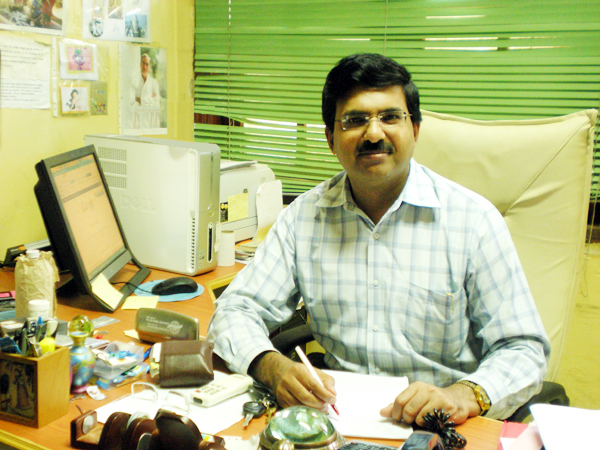
A prominent researcher at Georgia State University who had two papers retracted and eight subjected to expressions of concern for problematic images last year is now up to nine retractions.
Ming-Hui Zou is the common author on all nine retracted papers, which were published in the Journal of Biological Chemistry from 2003 and 2010. Of the eight papers originally subjected to expressions of concern, seven have been retracted, and one has been updated to a correction.
Here is a typical retraction notice, for “Nicotine-induced activation of AMP-activated protein kinase inhibits fatty acid synthase in 3T3L1 adipocytes: A role for oxidant stress,” referring to image duplication, and an offer by the authors to “publish an amended figure or to repeat the experiments,” which the journal declined:
Continue reading Georgia State researcher up to nine retractions disagrees with the journal




